-
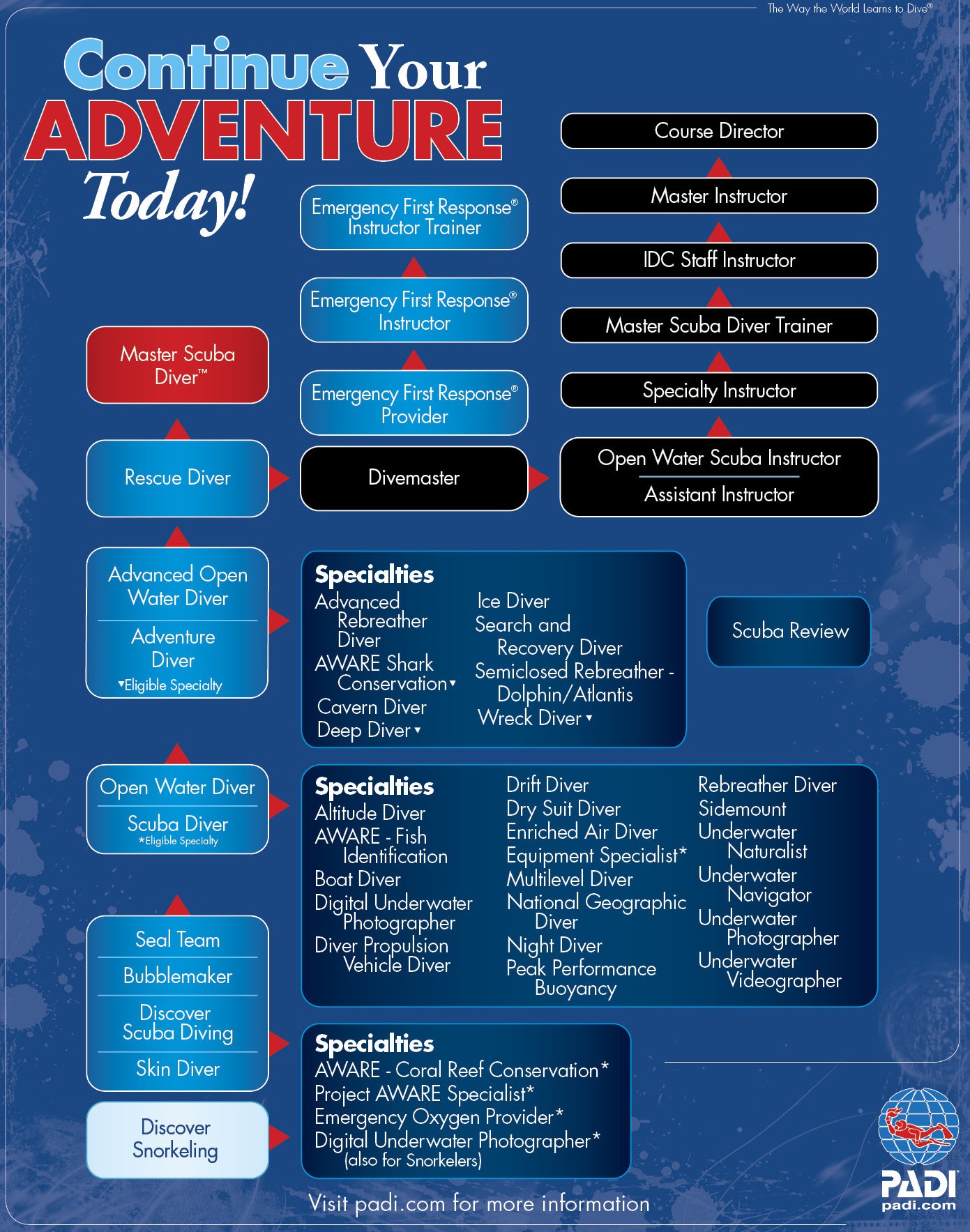
2
-
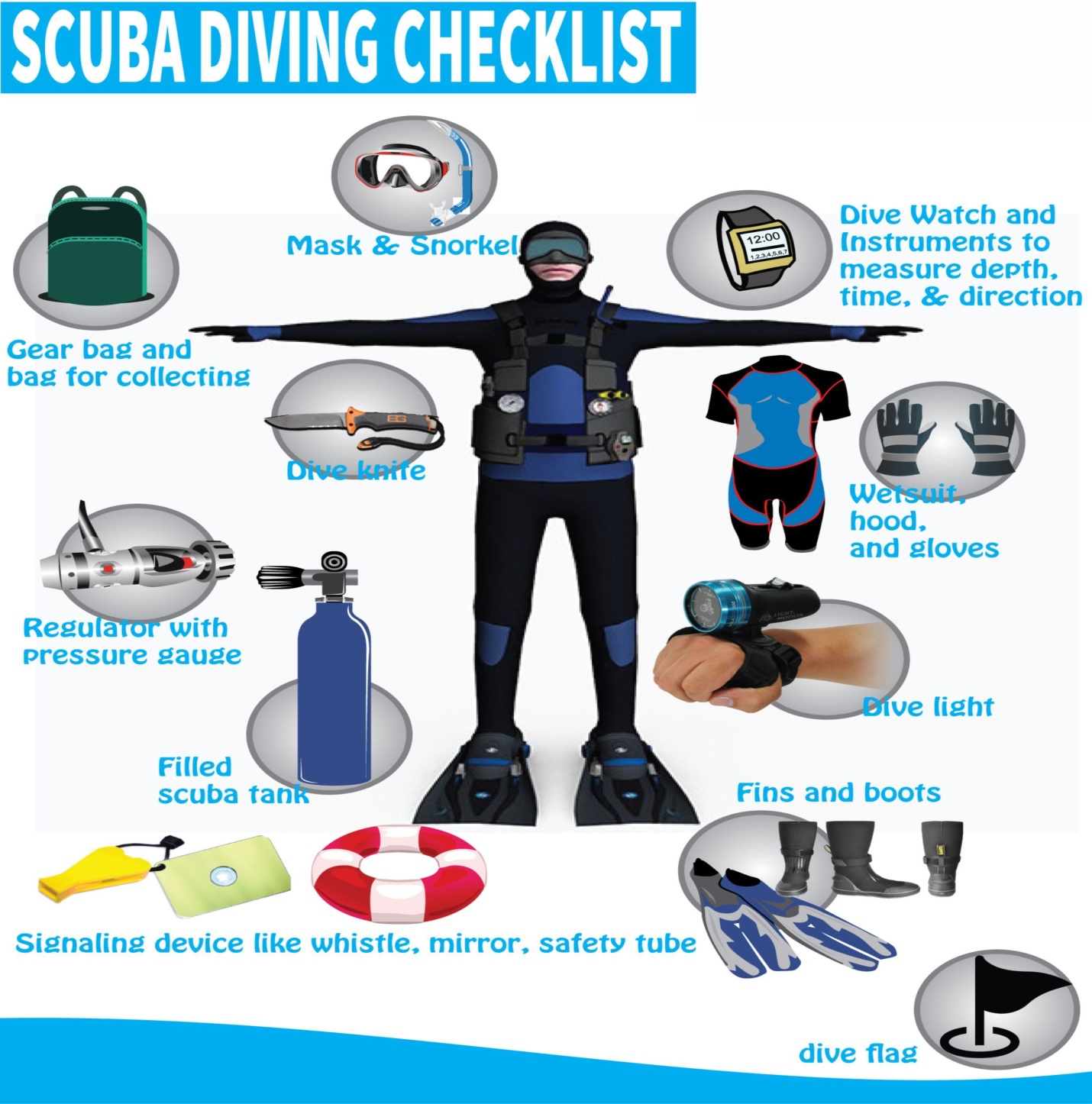
3s
-
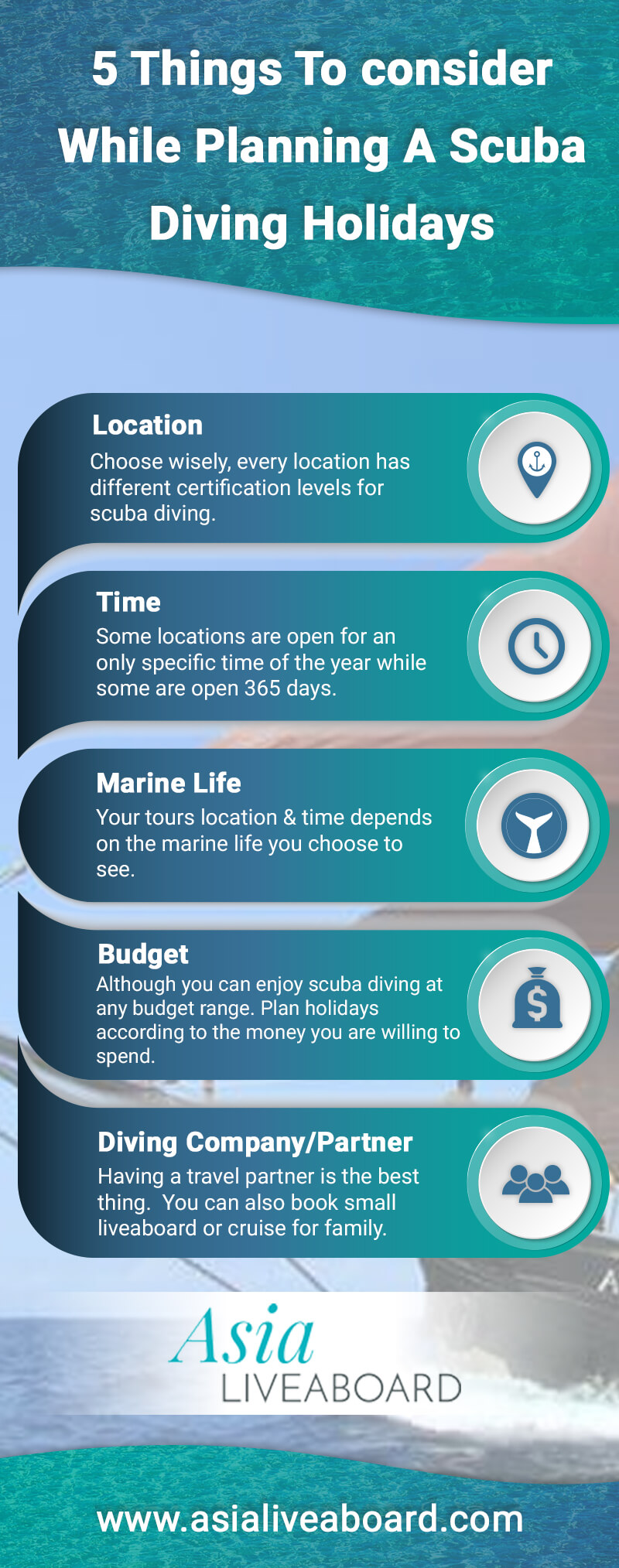
4a
-
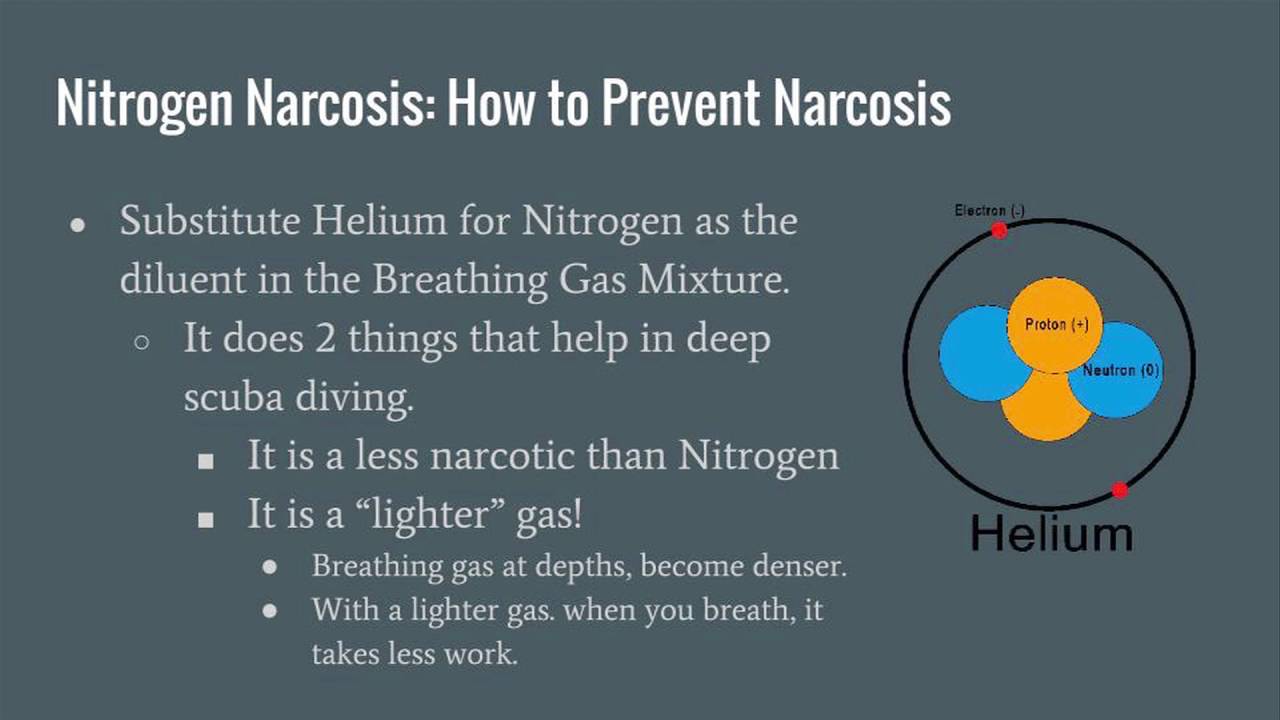
5s
-
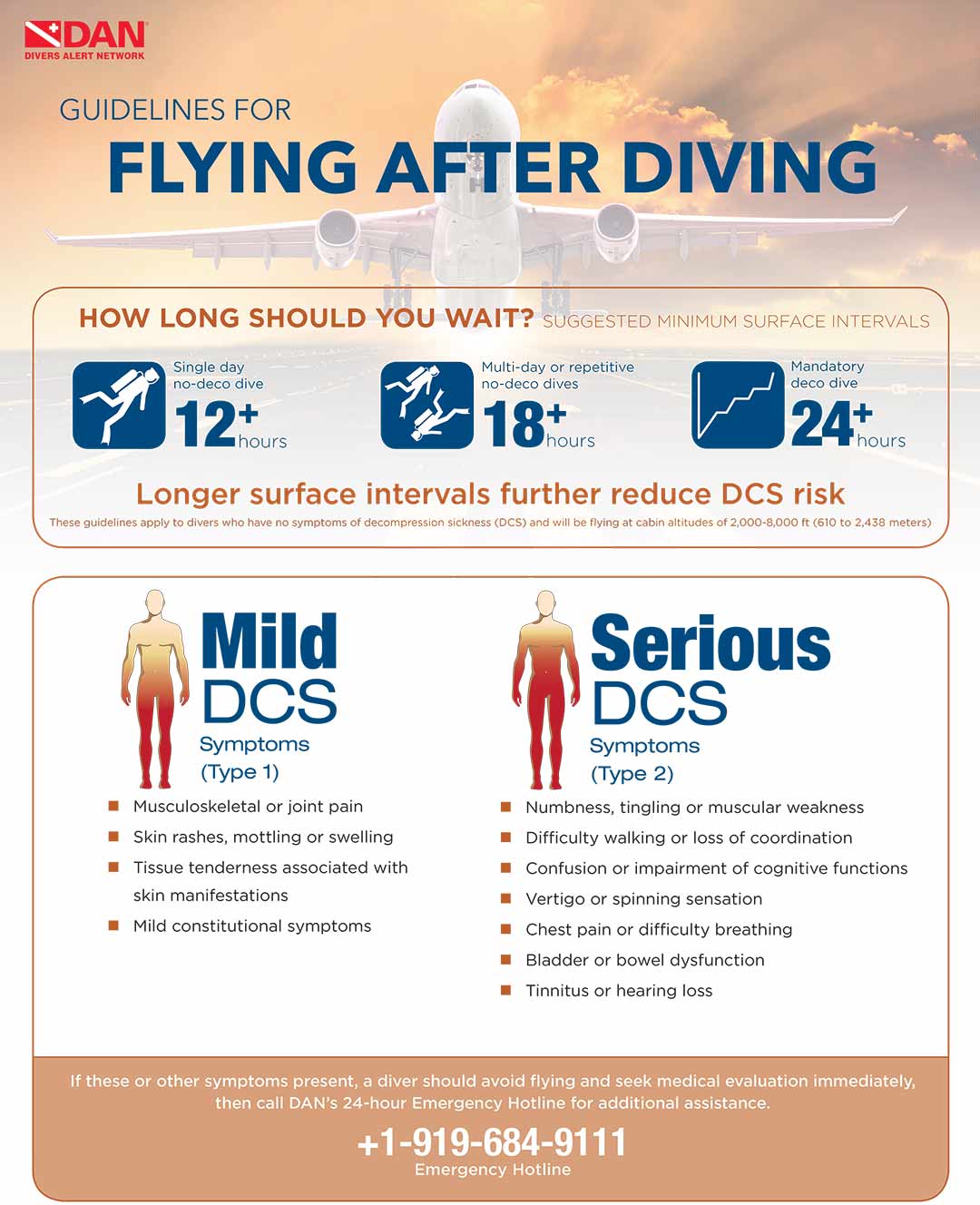
6
 written by Stella Lincoln
written by Stella Lincoln
In the past couple of decades, scuba diving has gained considerable popularity. Plus, with people becoming more open towards sharing their adventures and escapades, social media is roaring for people to list it in their bucket list of things to do.
There is no doubt that with better cameras and technology, a lot of us would love to explore this opportunity and find out the hidden wonders of the world the lives beneath sea level. As for professional divers, scuba is so much more than just a sport.
According to a recent study on Medium, USA dive shops are expected to have annual revenues exceeding $500K. Furthermore, the 2019 SFIA Topline report estimates 2.8 million active divers in the USA, while the RSTC Europe report proclaims that there are approximately 3.5 million divers in Europe.
However, it is truly obvious that even a 6 million figure for a worldwide number of scuba divers is truly understated, considering the fact that PADI claims that there are over 2000 dive centers in the USA and over 4000 worldwide.
However, scuba diving can be dangerous, with the Divers Alert Network (DAN) reporting more than a hundred fatalities every year. In light of this information, let’s take a look at some of the most recommended safety tips for scuba diving.
·Diver Certification is a Must
Due to the potential risk, the sport of scuba diving poses, several international organizations came into existence to set internationally recognized standards for safety during diving sessions. Notable names include:
- WRSTC (World Recreational Scuba Training Council)
- IDSA (International Diving Schools Association)
- CMAS (Confederation Mondiale des Activities Subquatiques)
To keep in line with international standards and best practices, it is an absolute must that you should acquire your diving certification. PADI (Professional Association of Diving Instructors) is widely recognized and held in high esteem in the US.
The establishment offers professional learning courses and certifications, ranging from entry-level to advanced divers. As of 2019, PADI has been reported to have issued over 27 million scuba certifications.
·Checking Your Equipment
One of the major causes behind fatalities and mishaps during scuba dives is the failure of diving equipment or its misuse. Hence, it is imperative to check your equipment well before the dive and thoroughly go through safety instructions. This includes:
- Preparing Your Equipment – check for functionality of your gear, including zippers and any tears in the suit that can cause unwanted exposure.
- Checking Your Equipment – bite tabs, o-rings, hoses, gauges, and regulators must be in good condition and operational.
- Buoyancy Gear – inflatable bladder must have integrity, D-rings, releases, and clips must be operational, all connections must be secured, relief valve should be operational and secure, and inflator must be operational.
- Mask, Snorkel, & Fins – should not be damaged. All straps must be in impeccable condition.
- Weight system – make sure that the correct weight for the dive and conditions are achieved.
·Keeping Health 1st Priority
Diving with pre-existing health conditions can prove to be dangerous and fatal. This is why it is recommended that one should always go for a complete inspection with a professional doctor before they decide to dive.
People suffering from asthma, diabetes, and cardiovascular diseases should consider some other recreational sport that is more suited to them and is much safer. Physical fitness and your well-being is an absolute requirement and should never be negotiated.
·Plan Your Dive Beforehand
If you are interested in scuba diving, then a dive plan should never be negated. Here is what you need to plan out for:
- Pick a dive site that suits your level of expertise, the conditions, the depth, and potential risks should all be assimilated, and you must make an informed decision with perfect knowledge.
- Ensure that your objectives are clear for the dive if it is about taking pictures and having a good time, keeping yourself on the right track by not deviating from that objective.
- The depth of water you want to reach and the time you want to spend underwater has to be calculated in an immaculate manner. You should never exceed these predefined parameters.
- Always have a contingency plan. Things can go wrong in a dive, which is why safety is an obligation that you must follow religiously.
- Last and the most important tip of all, please follow the dive plan.
·Stay Away from Intoxications
This goes without saying that scuba diving while intoxicated is akin to playing with your life. Diving underwater already takes a toll on your vision and senses, as well as your ability to breathe.
The extra pressure not only slows down your body movements but is also taxing on various body functions. The consumption of nicotine and alcohol are the worst for divers.
Plus, then there is decompression sickness too. So, in fact, there is already a lot going on in a scuba diving experience. Thinking about scuba diving while intoxicated is not foolish but extremely callous behavior, and it should be abhorred. At Dissertation Assistance UK, young learners are always advised to stay away from narcotics and treat their bodies as a temple.
·Observe a 24 Hour Flying Ban
Flying after your scuba dive expedition is an erroneous decision. Many professionals in the field and doctors would advise you to travel by other means and prohibit taking a flight before 24 hours have passed after your dive. Listen to the science and not ruin your enjoyment.
·Dive with a Buddy/Professional/Recognized School
Even if you are an advanced level diver, I still highly recommend that you dive with a recognized school or a professionally trained instructor.
There are two reasons for this, first, if anything goes wrong, then you will have a partner to save you, and secondly, it is more fun to dive with a group or a buddy. Solo diving is indeed a risky business.
Conclusion
Scuba diving is an enthralling sport and recreational opportunity. It is an overwhelming experience for some, and for others, it’s like a journey of rediscovering themselves.
However, the safety precautions mentioned above in the list are neither complete nor exhaustive in nature. It is best that you seek advice from professional institutions before considering diving regarding all the details that are necessary to keep you safe at all times.
I hope this post was able to offer you some meaningful insights as to how you should always be wary of the potential threat scuba diving can pose without proper directions. Wishing you all the best in your future endeavors. Dive safely and responsibly, cheers!
Author Bio
Stella Lincoln currently works as a Travel and Lifestyle Blogger at Assignment Assistance. This is where higher education students can request professionals to do my essay and acquire specialized assistance for their subjects and topics. During her free time, she likes to go surfing with friends and loved ones.
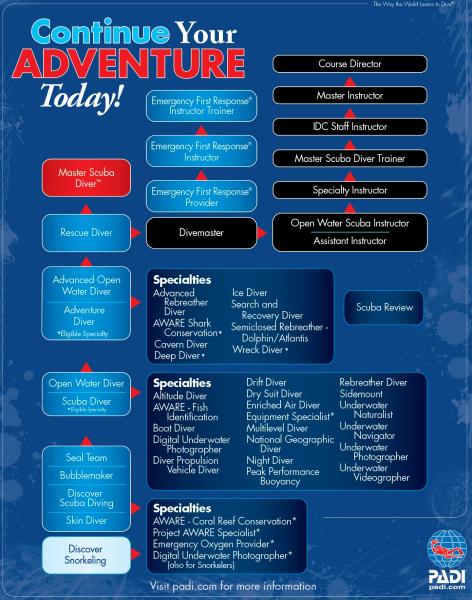
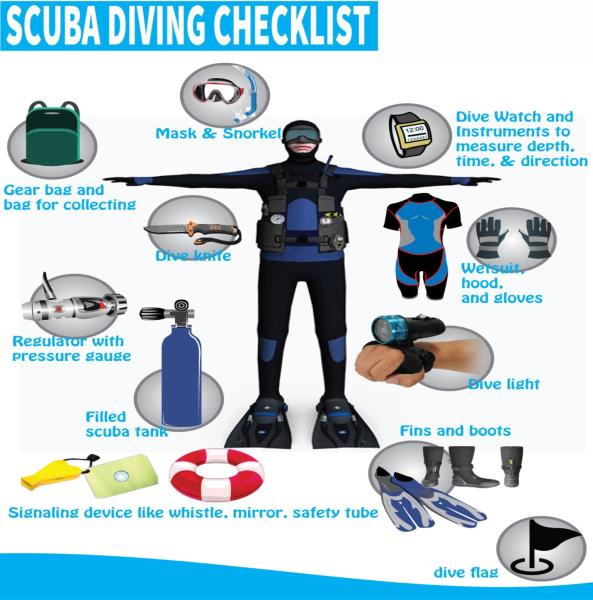
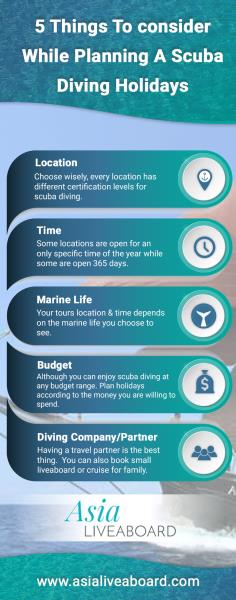
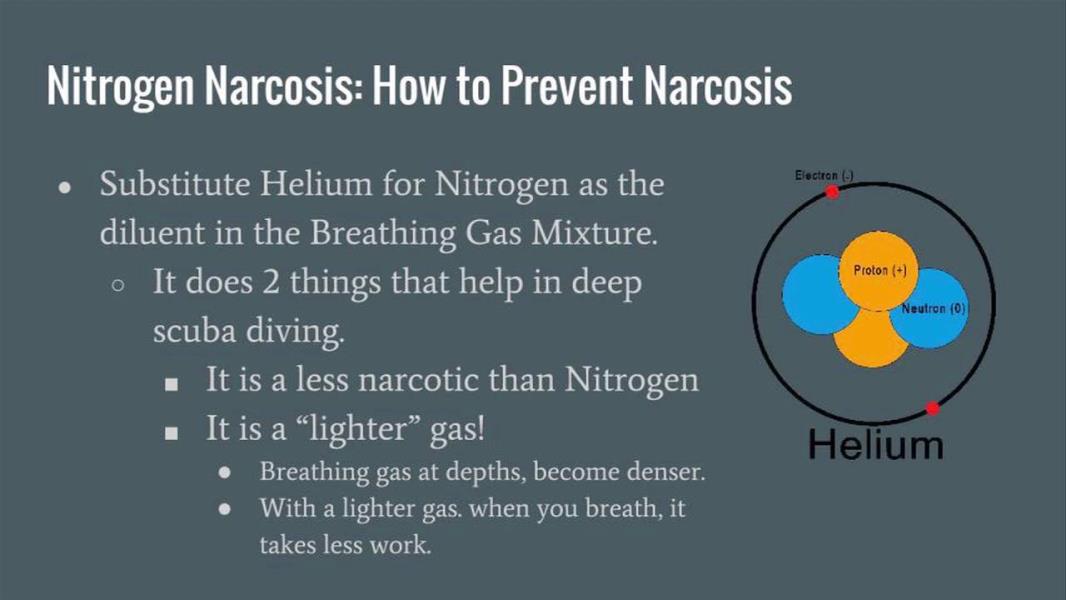
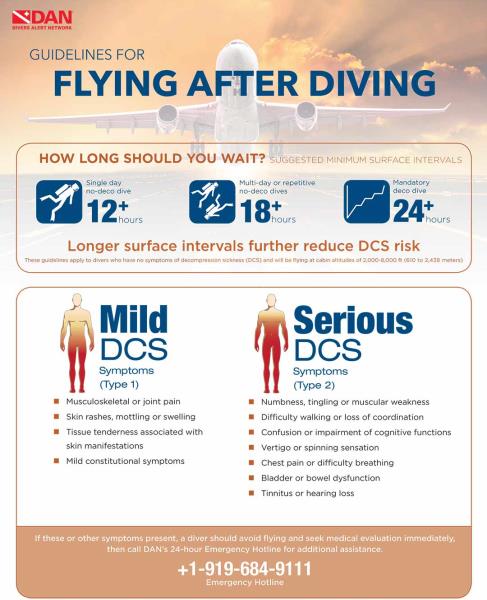

Load more comments